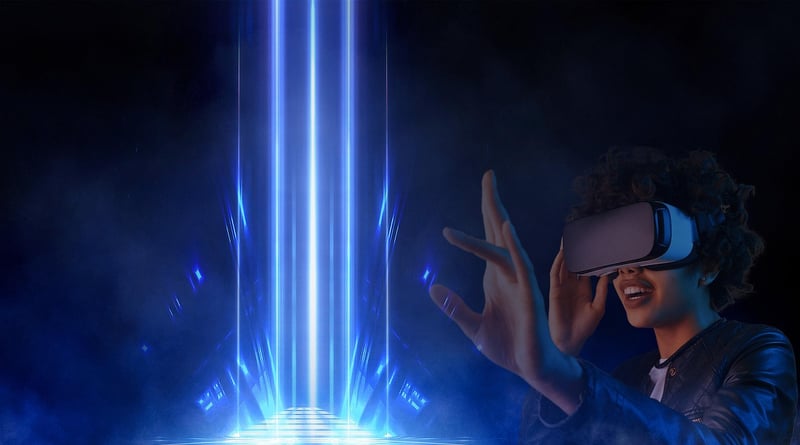Interactive Simulations
The Future of Work: Exploring Professions through VR and Interactive Simulations
Virtual Reality (VR) and Interactive Simulations have revolutionized the way we learn and experience various professions. By immersing users in realistic and interactive scenarios, these technologies provide a glimpse into different career paths, offering a unique way to explore and understand various professions. Let's delve into how VR and Interactive Simulations are shaping the future of work.
1. Healthcare
VR simulations are widely used in healthcare training, allowing medical students to practice surgeries, patient care, and emergency scenarios in a safe and controlled environment. By replicating real-life medical situations, aspiring healthcare professionals can enhance their skills and knowledge before stepping into a clinical setting.

2. Aviation
Pilots and aviation professionals benefit from VR simulations that simulate flight conditions, cockpit procedures, and emergency situations. These simulations help pilots hone their decision-making skills, practice complex maneuvers, and familiarize themselves with different aircraft models, contributing to enhanced safety and proficiency in the aviation industry.

3. Engineering
Engineers utilize VR and Interactive Simulations to design, prototype, and test various structures and systems. From architectural planning to mechanical simulations, these tools enable engineers to visualize and analyze their projects in a virtual environment, identifying potential flaws and optimizing designs before implementation.

4. Hospitality and Tourism
In the hospitality sector, VR experiences offer guests virtual tours of hotels, resorts, and destinations, enhancing their booking decisions and overall experience. Travelers can explore accommodations, amenities, and attractions through immersive simulations, providing a preview of their upcoming trips and influencing their travel choices.

5. Education
VR and Interactive Simulations are transforming education by creating engaging and interactive learning environments. Students can explore historical events, scientific concepts, and cultural landmarks through immersive experiences, making learning more dynamic and impactful across various subjects and disciplines.

As VR and Interactive Simulations continue to evolve, their applications in various professions will expand, offering new ways to train, learn, and work. By harnessing the power of these technologies, individuals can explore diverse career paths, develop essential skills, and prepare for the challenges of tomorrow's workforce.
Experience the future of work through VR and Interactive Simulations, and unlock a world of possibilities in the ever-changing landscape of professions.
